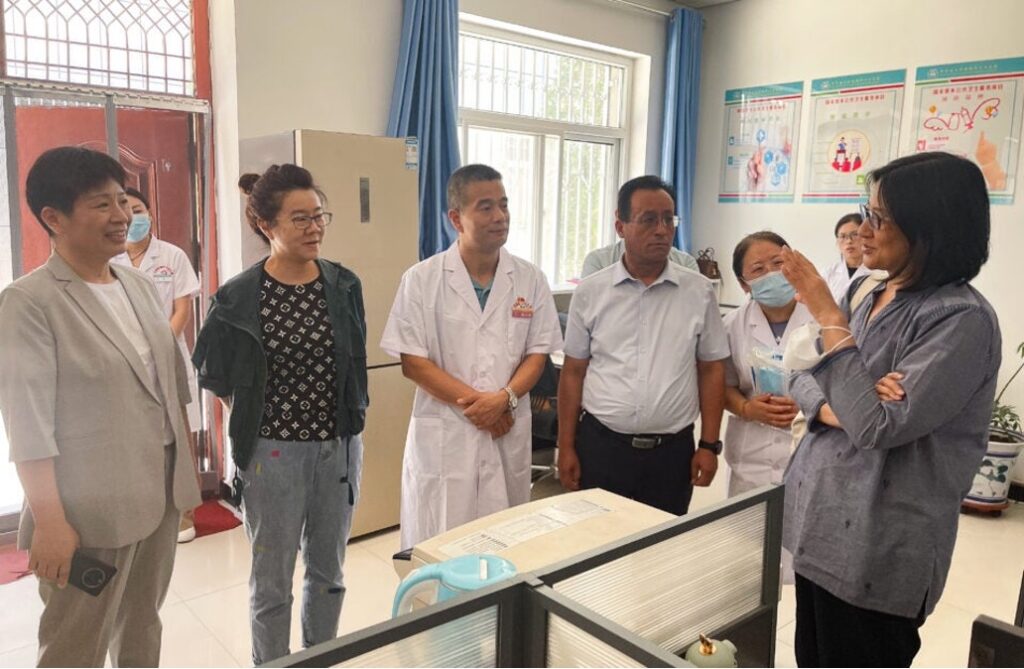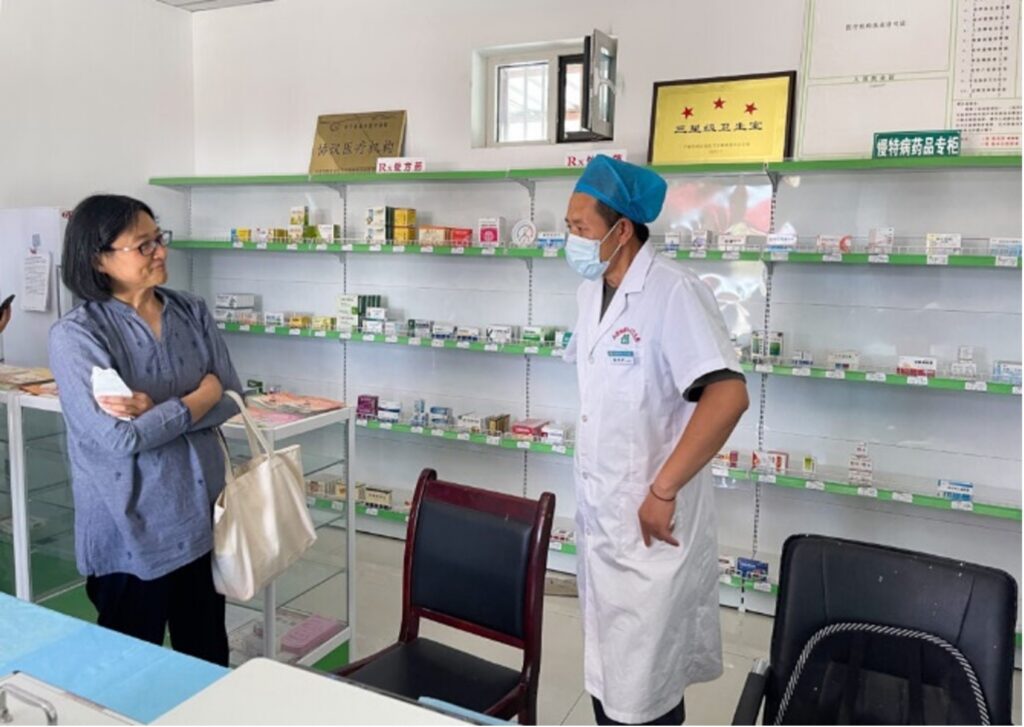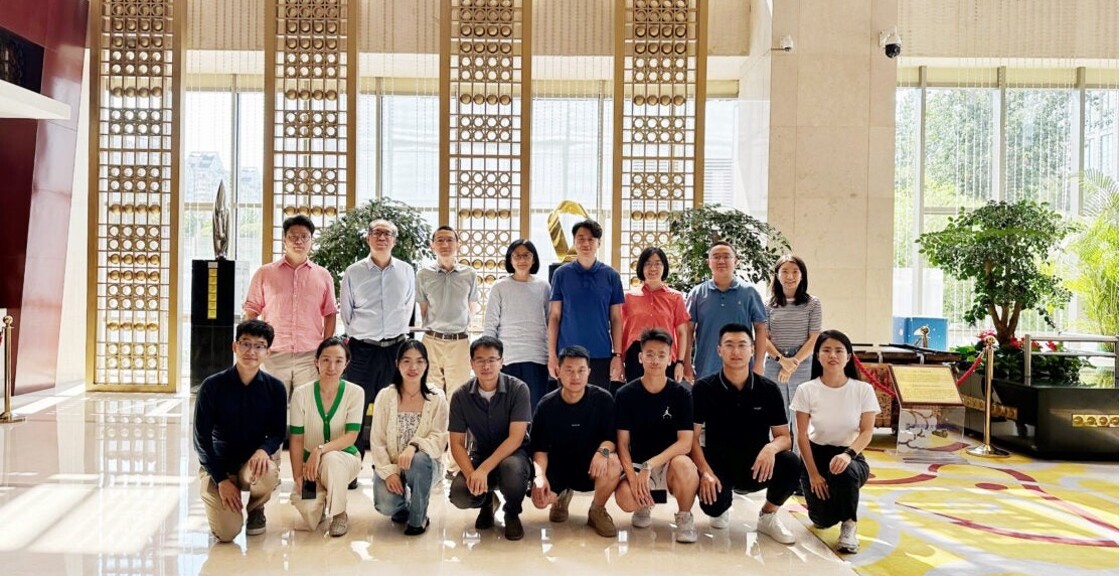Harvard China Fund in Action: (Re)engage with China Grant and Faculty Research Grant recipient Winnie Yip, Professor of the Practice of Global Health Policy and Economics and Faculty Director of the Harvard China Health Partnership
March 19, 2024
With China’s pandemic restrictions finally lifted, Professor Winnie Yip had an eventful 2023 traveling across China on behalf of the Harvard China Health Partnership (HCHP). Under Yip’s leadership, the Partnership provides a platform for Harvard faculty and students to advance health scholarship on China. The Harvard China Fund’s (Re)engaging China grant catalyzed her travels, which took her to Beijing, Ningxia, Guizhou and various other cities in July and October. During these trips, Yip spearheaded two crucial initiatives.

The Partnership’s first goal was to reinstate and develop in-person training programs for both health policymakers and academic experts in the areas of health policy and economics in China, resuming an over three-decade long practice that stalled during the pandemic. These programs have trained cohorts of policymakers who have made valuable contributions to China’s health care reforms. They also inform generations of scholars and faculty who form the pillars of health policy and economic education and research in China. “Our training stimulates participants with new ideas and relevant global experience and teaches them analytical approaches that enable them to derive reforms that are target China’s needs,” says Yip.
Alongside the Partnership’s Chinese academic collaborators, Yip led training courses on health policy research methodologies and the impact of macro-policy changes on China’s hospitals. Experts from premier institutions such as Peking University and Fudan University were keen to explore solutions for the challenges of implementing health reforms In China.
Later in the year, the Harvard China Health Partnership and China’s National Healthcare Security Administration co-hosted the fifth annual course on effective and sustainable healthcare financing in Kunming, Yunnan. Specialists from Germany, Japan, the United States, and Singapore shared their progress on healthcare financing. The week-long course involved lectures, group work, and case studies, providing a rare platform for Chinese senior policymakers and experts to engage with their international peers.

Additionally, the Partnership sought to rekindle research collaboration opportunities with its Chinese partners. Among these is an ambitious pilot program in Ningxia’s technology-enhanced integrated delivery system that seeks to improve primary care services and its integration with secondary and tertiary healthcare. Yip visited hospitals and local health centers with professors from Peking University’s School of Public Health and Ningxia Medical University’s School of Management. “The competency of village doctors and people’s trust in their quality of care have been major barriers to building a strong primary health care system in China, especially in rural areas. I am glad to see improvements since I last visited in 2019, however, much remains to be done,” Yip notes. She adds that, “Technology, such as Artificial Intelligence (AI) enabled decision support systems, holds great promise to strengthen primary health care, which can also form the foundation of a people-centered, integrated system.”
Beyond collective training courses and research projects, Yip’s itinerary was packed with meetings, conferences, and lectures. She covered a range of subjects, including long-term care insurance, strategies for healthy poverty alleviation, leveraging technology in public health, and community-based eldercare.
Yip plans to travel to China again in 2024 with another ambitious agenda. “We are planning a number of executive training courses for policymakers and local academics. We are also aiming to re-instate senior policy seminars with both the National Healthcare Security Administration and the National Health Commissions. I am also looking forward to working with colleagues on two edited volumes, one on elder care and another on public hospitals. Of course, I am always excited to go to the rural areas to see how the pilots progress. If possible, we will integrate mental health into these pilots. Lots of exciting work ahead that I truly hope will benefit people, especially the most vulnerable in rural China,” Yip concludes.
For more information about Harvard China Fund’s faculty grants, please visit our faculty grants page.


